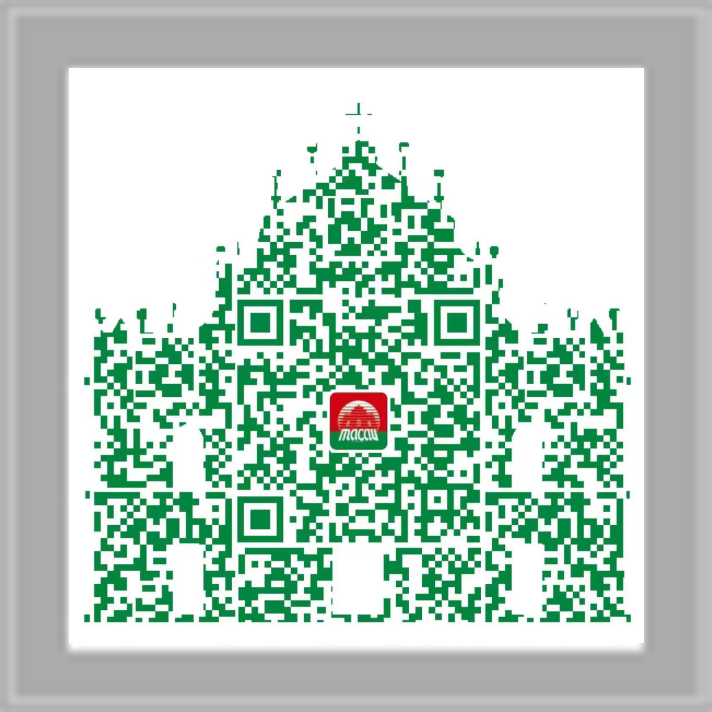Wanmu Caotang (Wanmu Study Hall)
Located at No. 3, Changxingli, Zhongshan 4th Road, Yuexiu District, Guangzhou, Wanmu Caotang was originally the Qiu Family Study Hall, built in the ninth year of the Jiaqing reign of the Qing Dynasty (1804). It was a residence for the Qiu family’s children who came to the provincial capital to take the imperial exams. The building faces east and is a traditional temple-style structure with three main halls, three courtyards, and two inner courtyards, topped with a gabled roof.
In 1891, Kang Youwei, a prominent figure of China’s modern bourgeois reformist movement, rented the Qiu Family Study Hall and established Wanmu Caotang as a place for writing and teaching. It was here that he wrote influential works such as A Critique of the Confucian Classics and On the Reform of Confucius. His students included Liang Qichao, Chen Qianqiu, Mai Menghua, Xu Qin, and others, many of whom later became key figures in the Reform Movement of 1898.
Wanmu Caotang was a crucial venue for Kang Youwei’s promotion of reformist and modernization ideas and is considered one of the sources of the 1898 Reform Movement. It holds significant historical value in the fields of Chinese political history, intellectual history, and educational history.
In 2019, Wanmu Caotang was listed as a National Key Cultural Relic Protection Unit.
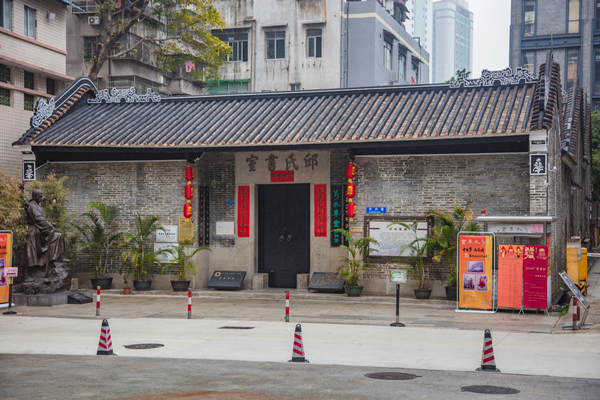
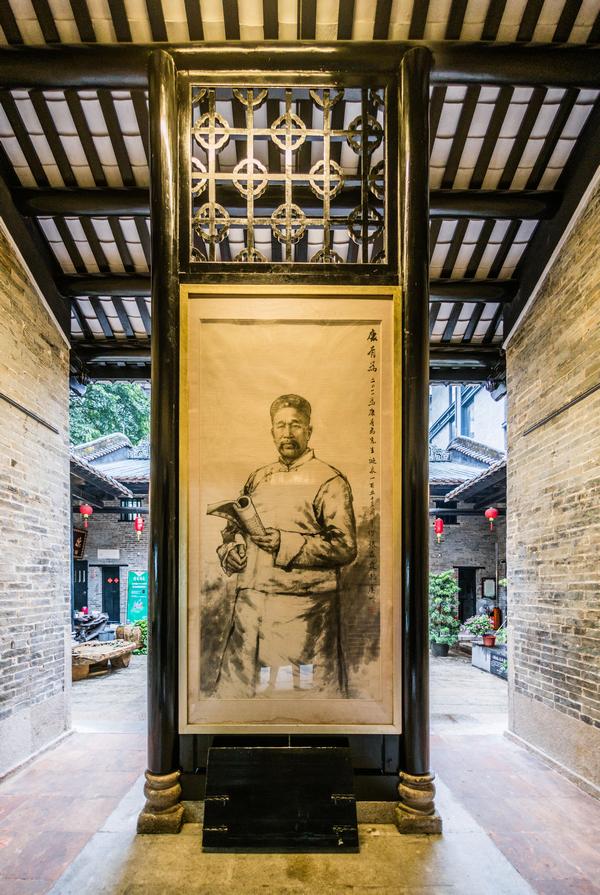
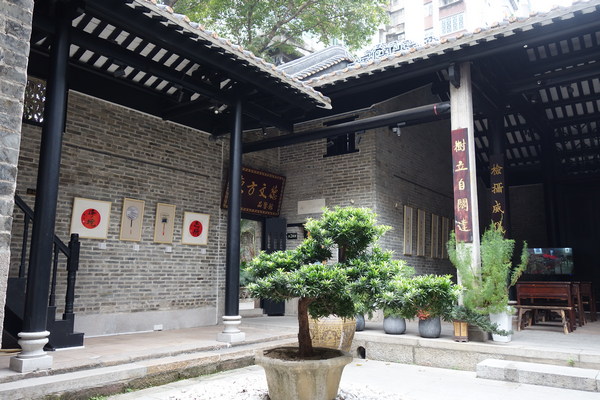
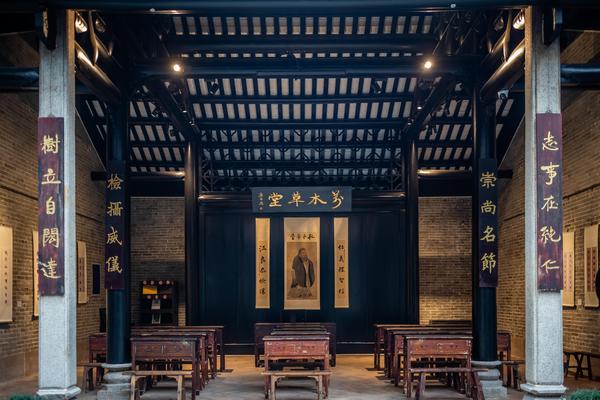
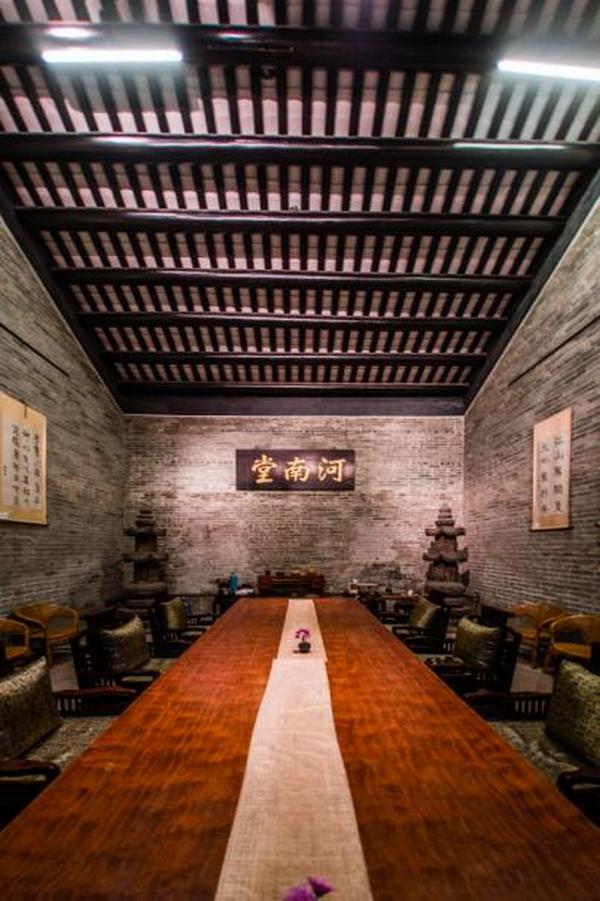
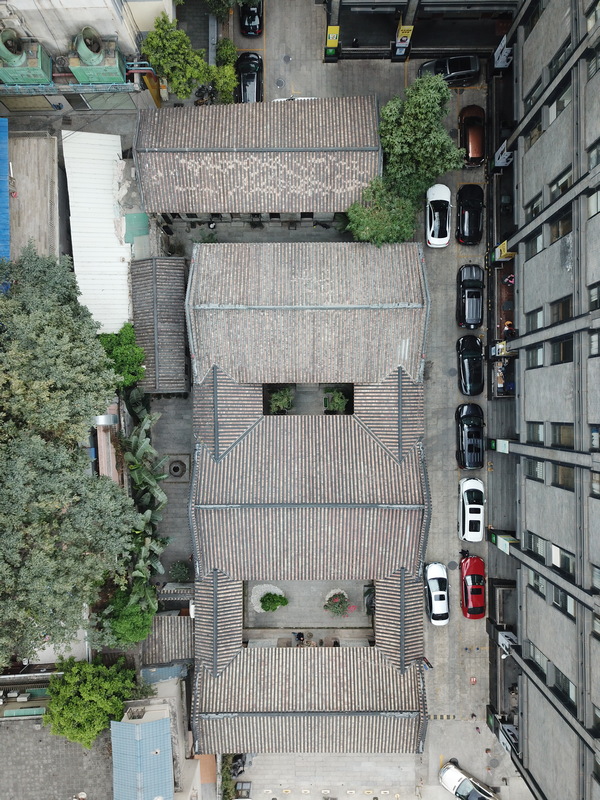
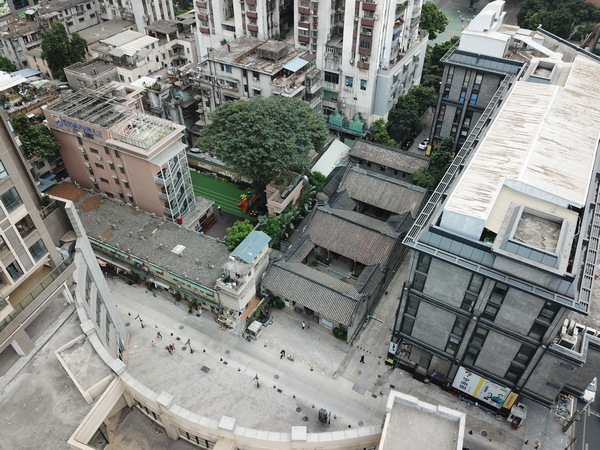
-
扫一扫在手机打开当前页









